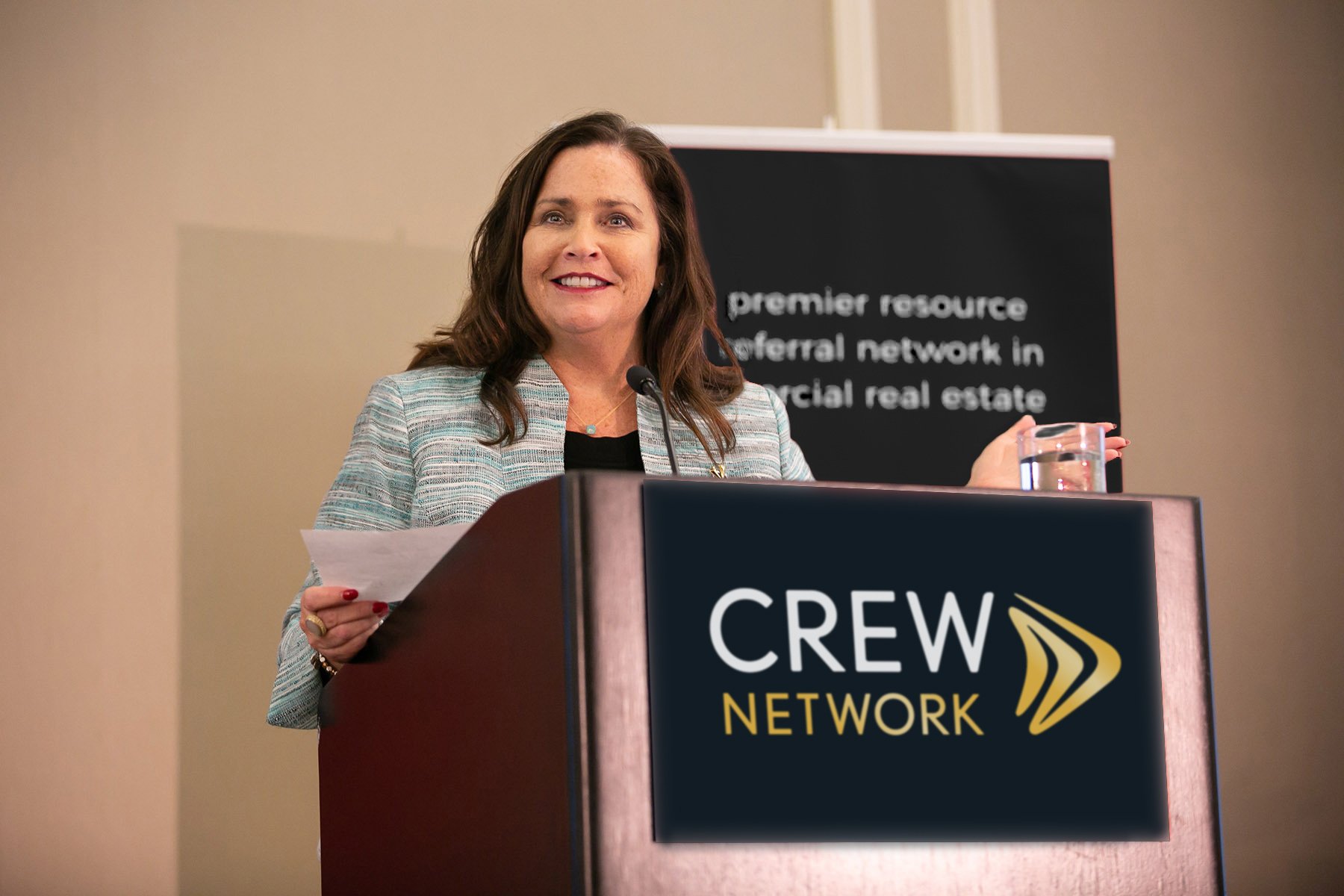 Andrea Jang, head of growth Americas for JLL Spark
Andrea Jang, head of growth Americas for JLL Spark
Part 2 of 2
ORLANDO, FL—In a preview story for the upcoming CREW Network Convention and Marketplace here in Orlando, FL, we chatted with Andrea Jang, head of growth Americas for JLL Spark to gain insight on how venture capitalists choose what to fund, how their funding will change CRE and how to keep pace with the changes. Jang will focus on those topics during a breakout session later this month at the event.
In part two of the interview on the topic, Jang tells GlobeSt.com that today, there is clearly marked interest from the VC community in understanding how the commercial real estate industry can be transformed. Recent success stories such as Procore's acquisition of Honest Buildings and VTS' $90M Series D funding signal that VC funding will continue to propel the proptech industry to higher levels of awareness and investor interest, she says.
"Historically, commercial real estate has not been a front runner in adopting new technologies, and as a result, many startups have struggled to break through. JLL Spark is a unique proptech VC that bridges startups with the commercial real estate industry, by strategically investing in companies that can benefit and grow through JLL and its network. This is helping fuel a cultural shift as more commercial real estate companies experience the benefits of proptech."
In terms of what she is seeing from how venture capitalists are choosing what to fund? She is seeing significant VC focus on determining product market fit and assessing whether a solution has a large addressable market. "During the due diligence process, VCs are looking to gain insights from commercial real estate industry experts in the field, from brokers and property managers at companies such as JLL, senior leaders at institutional real estate investment firms, to real estate decision makers at large corporations. These individuals have been exceptionally helpful in providing feedback on the technologies that VCs are vetting."
She adds that she has "observed that the most successful proptech startups are demonstrating how their platform solves a real pain point, while providing a significant ROI to users, either in terms of cost reduction, improved data accuracy, and/or time saved by users. Once a company is able to demonstrate ROI, they can quickly gain customer traction and begin to scale. For example, when we invested in Jones, a certificate of insurance (COI) automation platform for property and facility managers, we also supported a pilot in two JLL-managed buildings in San Francisco. The pilot demonstrated how property administrators can save more than eight hours each week using Jones for COI management. The pilot has fueled Jones' go-to-market strategy, and following JLL Spark introductions, Jones has been deployed in more than 150 buildings with more than 4,100 more buildings in the pipeline."
Lastly, she says she has observed that "startups with strong growth trajectories are vigilant with their pricing strategy and post-integration customer success, as these two factors are crucial for client adoption and sustained traction."
Check out the full lineup of speakers at the upcoming CREW Network Convention and Marketplace held September 25th at the Renaissance Orlando at SeaWorld where more than 1,200 CRE leaders are expected to attend.
© Touchpoint Markets, All Rights Reserved. Request academic re-use from www.copyright.com. All other uses, submit a request to [email protected]. For more inforrmation visit Asset & Logo Licensing.





